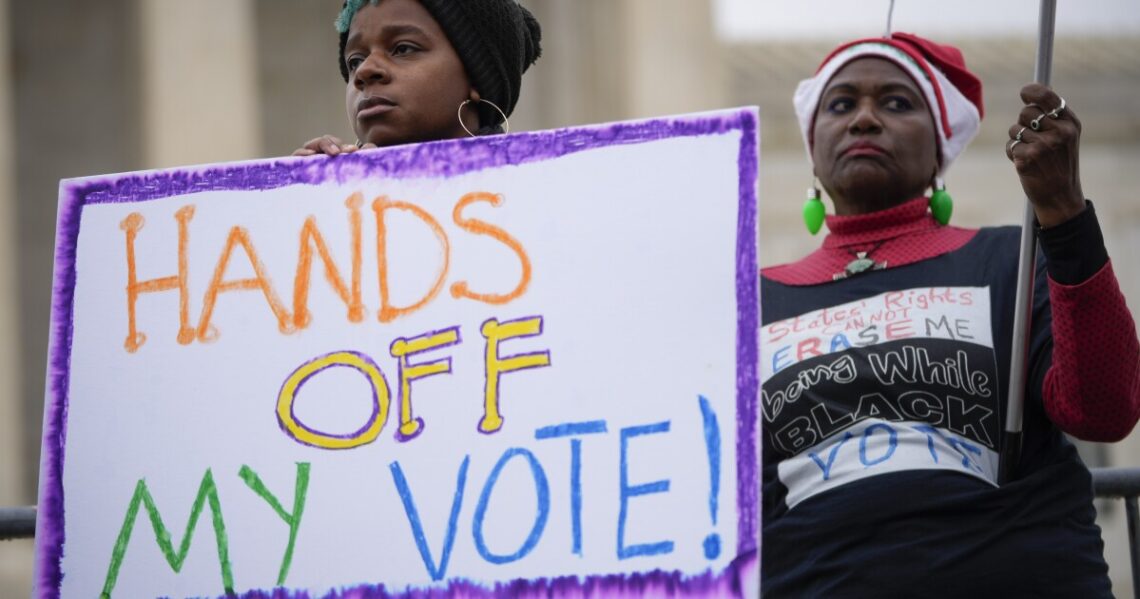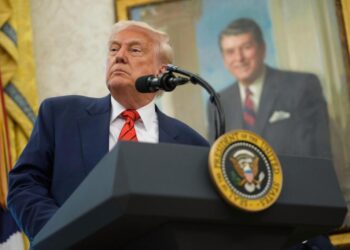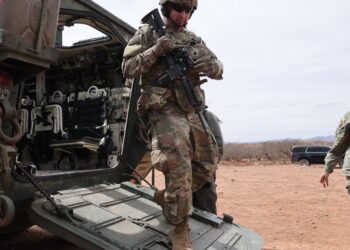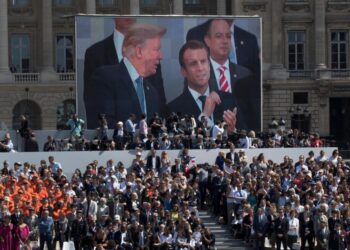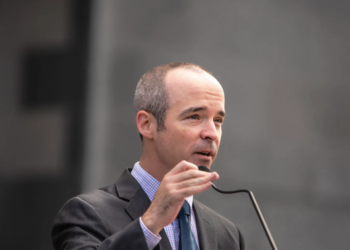Some watchers of the U.S. Supreme Court breathed a sigh of relief last month after most of the justices sounded skeptical during oral arguments about a once-fringe legal theory that could upend elections across the United States.
Still, many legal scholars and voting rights advocates remain on alert for a court ruling by this summer on what’s known as the “independent state legislature theory.” It claims that under the U.S. Constitution, state legislatures have the power to determine how federal elections are run, without any checks or balances from state constitutions or state courts.
While the court may end up issuing a narrow ruling that broadly rejects this widely disputed idea, a court endorsement of the theory is still possible. And the court’s adoption of even a limited version of it could usher in a wave of instability to the country’s already beleaguered election system, including during next year’s presidential race.
Here’s what could happen if a majority of the justices endorse some version of this controversial theory:
It could lead to more lawsuits and bring uncertainty to upcoming elections
The case in which the theory has come up, Moore v. Harper, boils down to this: Who should have the last word on the redrawing of congressional voting districts in North Carolina — the state’s legislature or its state Supreme Court, which struck down a legislature-approved map for violating the state’s constitution?
On its face, the potential impact of how the U.S. Supreme Court answers that question may seem narrow.
But a ruling that sides with the Republican North Carolina state lawmakers who appealed the case would be a…
Read the full article here

